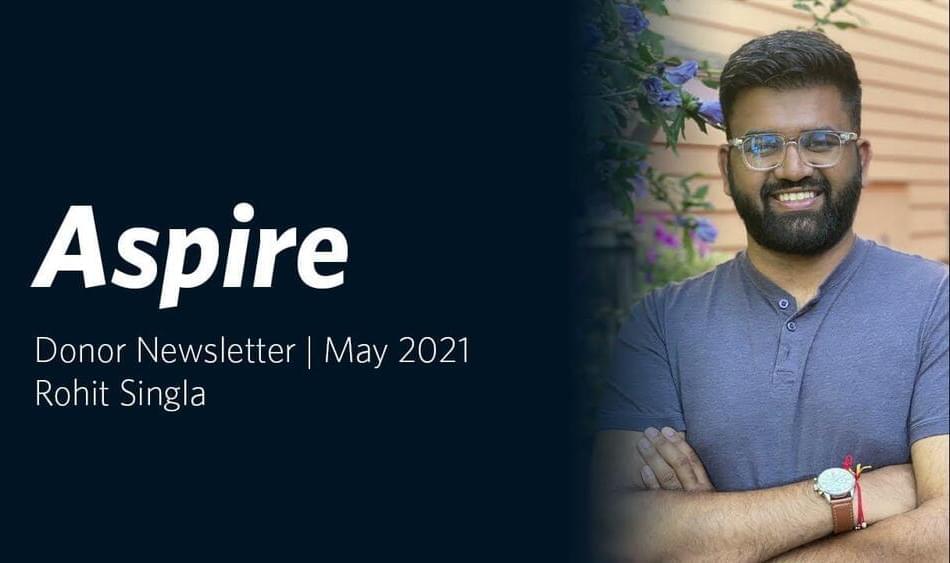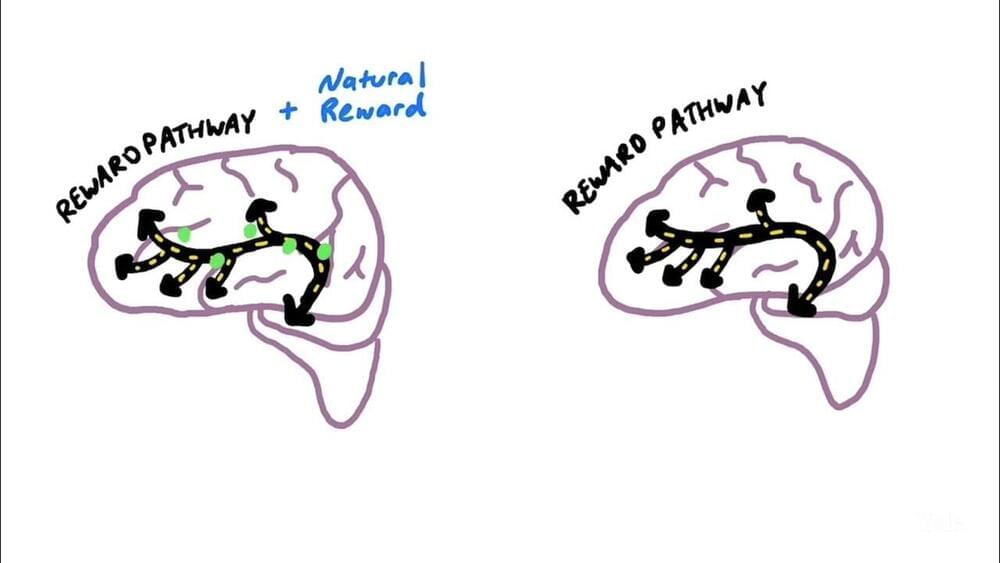Oct 8, 2023
Is human uncertainty the key to improving AI?
Posted by Dan Breeden in category: robotics/AI
AI systems assume humans are always certain. Teaching them to anticipate and understand uncertainty may be key to limiting human error.
AI systems assume humans are always certain. Teaching them to anticipate and understand uncertainty may be key to limiting human error.
Imagine that a soldier has a tiny computer device injected into their bloodstream that can be guided with a magnet to specific regions of their brain. With training, the soldier could then control weapon systems thousands of miles away using their thoughts alone. Embedding a similar type of computer in a soldier’s brain could suppress their fear and anxiety, allowing them to carry out combat missions more efficiently. Going one step further, a device equipped with an artificial intelligence system could directly control a soldier’s behavior by predicting what options they would choose in their current situation.
While these examples may sound like science fiction, the science to develop neurotechnologies like these is already in development. Brain-computer interfaces, or BCI, are technologies that decode and transmit brain signals to an external device to carry out a desired action. Basically, a user would only need to think about what they want to do, and a computer would do it for them.
BCIs are currently being tested in people with severe neuromuscular disorders to help them recover everyday functions like communication and mobility. For example, patients can turn on a light switch by visualizing the action and having a BCI decode their brain signals and transmit it to the switch. Likewise, patients can focus on specific letters, words or phrases on a computer screen that a BCI can move a cursor to select.
A newly discovered brain cell that appears to be a hybrid of the two other primary types could shake up the world of neuroscience.
The challenge: There are very few ways to slow down Alzheimer’s disease or treat its symptoms, and there’s no cure — in 2021, nearly 120,000 Americans died from Alzheimer’s complications, making it one of the top 10 leading causes of death.
One genetic variant in particular — called APOE-e4 — is strongly tied to the brain disease. Having one copy makes a person 2–3 times more likely to develop Alzheimer’s, while having two copies (one from each parent) increases the risk by 8–12 times.
Columbia University researchers have identified patterns of brain injury linked to “hidden consciousness” — and the discovery could lead to better outcomes for people in comas or vegetative states.
Hidden consciousness: Severe brain injuries can cause “disorders of consciousness” (DoC), such as vegetative states, in which a person looks awake, but lacks any indication they are aware of their surroundings, and comas, where they appear neither awake nor aware.
An estimated 15–20% of people with a DoC are also experiencing a phenomenon called “cognitive motor dissociation” (CMD), or “hidden consciousness.” That means they are aware of what’s going on around them, but they can’t physically respond to it.

Rohit Singla, an MD/PhD student, shares how his training in both medicine and engineering is allowing him to identify complex problems, understand the nuances within them and tackle those complex problems with elegant solutions that are the right fit for patients with kidney disease. Using data from over 10,000 cases, he is creating artificial intelligence tools to automatically detect microscopic changes in the kidney structure and develop new treatments to improve people’s lives.
Produced by UBC faculty of medicine development and alumni engagement.
Continue reading “Aspire #02 — Rohit Singla: Using AI to Develop New Treatments in Kidney Disease” »

For more information on addiction services at #YaleMedicine, visit: https://www.yalemedicine.org/departments/program-in-addiction-medicine.
Written and produced by Yale Neuroscience PhD student Clara Liao.
Texas-based Venus Aerospace is working with rotating-detonation propulsion technology to turn the “Stargazer” from sci-concept to Mach-9 business jet that flies at 6,900 mph.
Norwegian maritime solutions company, Ulstein, has unveiled a new vessel concept that holds the potential to deliver zero-emission cruises and other ocean industry applications, the company said in a press release.
For over a century, Ulstein has been involved in designing and building ships and delivering sustainable maritime solutions. The maritime industry is staring at a major overhaul in its bid to electrify transport over the waters, and Ulstein may just have the solution, a molten salt reactor (MSR) that can deliver this vision.
